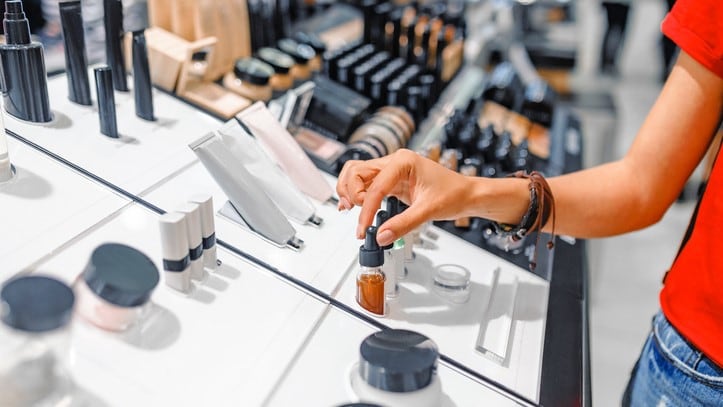With over 260 million people, Indonesia is a large market which has been growing consistently over the past two decades.
While the firm cannot be sure about how the post-COVID-19 landscape will look like, it is certain that Indonesia will continue to be an important market for the beauty and personal care industry.
“We have always been bullish about the potential of Indonesia and continue to be optimistic about the future post-COVID-19,” said Umesh Phadke, president director, L’Oréal Indonesia.
The beauty giant has affirmed its commitment and support for the nation in the midst of the pandemic with relief efforts totalling at around IDR32b ($2.1m)
In solidarity with Indonesia, the company will be donating alcohol-based hand sanitisers to those working on the frontlines, such as medical professionals, Gojek drivers and journalists.
The firm will also supply hand sanitisers and hygiene products to non-profit organizations such as DoctorSHARE and PEKKA.
It plans to support the country’s small and medium salons by providing safety and hygiene training and helping them implement a social commerce model to tide through the crisis.
Additionally, the firm has established a research grant for the Eijkman Institute for Molecular Biology to support research on the whole genome sequencing of COVID-19 in Indonesia.
According to L’Oréal, this research will help the development of a COVID-19 vaccine that will be compatible for the Indonesian people.
“Indonesia and Indonesians have given much to L’Oréal and now it is time to do our part by supporting everyone working on the frontlines. We hope that our contribution will help some of our friends weather this storm better and emerge victorious and healthy on the other side,” said Phadke.
The epicentre of ASEAN
Since the outbreak, L’Oreal Indonesia has seen the rapid growth of in-home beauty treatments such as facial masks and at-home hair dye.
It has also observed an increased consumption in eye make-up with the increased frequency of protective mask usage.
In the aftermath of COVID-19, L’Oréal still envisions Indonesia to be a significant contributor to the ASEAN beauty market.
“The modern Indonesian woman is getting educated, employed and financially independent at a rate faster than ever before. This creates a highly dynamic beauty market that promises to grow for years to come,” said Phadke.
This is spurred on by other factors such as the expansion of the beauty aisles in retail stores and the growing adoption of e-commerce which is growing at triple-digits, said Phadke.
“Smartphone penetration is growing fast in Indonesia and the cost of data has dropped exponentially over the years. This allows consumers to access trends and education on beauty instantly and the rise of e-commerce means consumers have access to products when they wish.”
As such, Phadke highlighted that the company sees Indonesia as the ‘centre of gravity’ in the ASEAN and Muslim beauty market in the years to come, regardless of COVID-19.
“It is too early to say how COVID 19 will impact consumer behaviour and what will be the long-term impact on the beauty market. But one thing is for certain, the desire for beauty is eternal and so we are confident that consumers will continue to consume beauty albeit in a different manner.”


